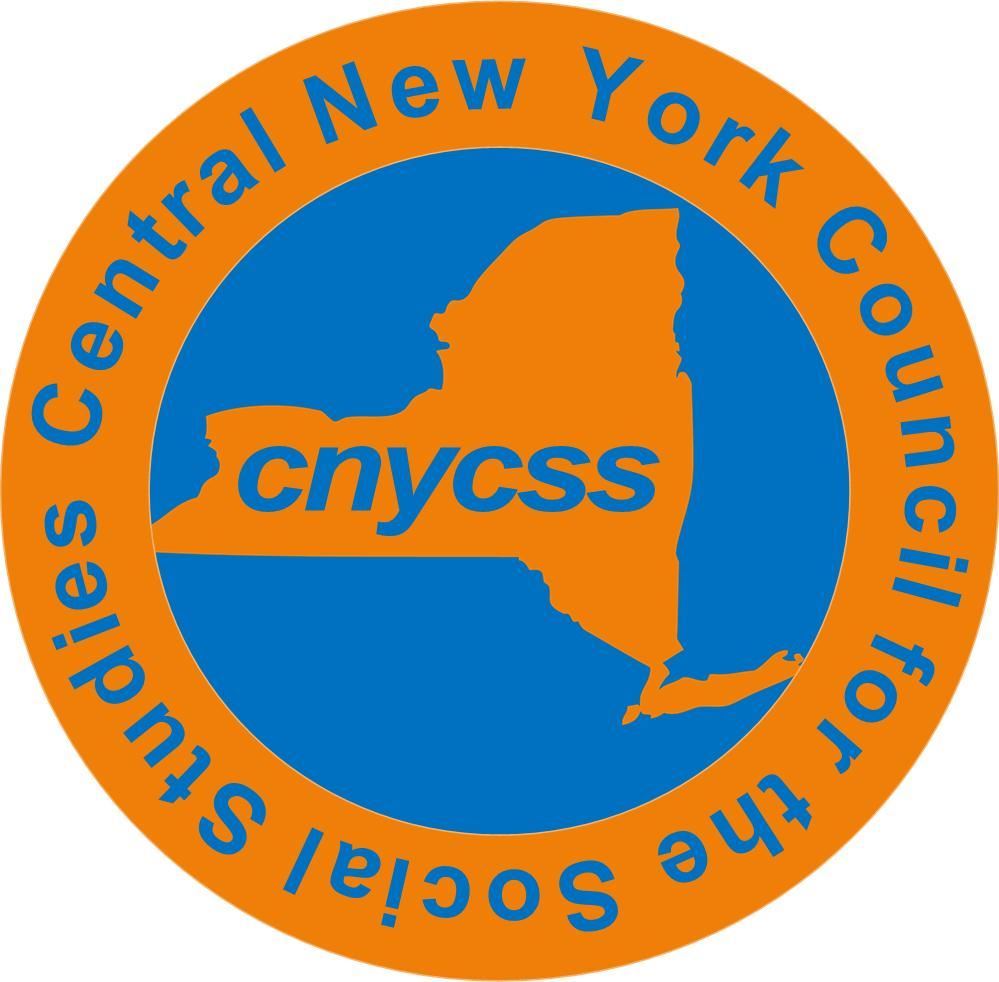2016 Annual Conference Session A Presentations 10:00am to 10:50am |
A1. "CNY Museums Provide Opportunities for Students and Teachers"
Christine O'Neil, Dot Wilsey and Jeffrey Ludwig, Chittenango Landing Canal Boat Museum, Peterboro National Abolition Hall of Fame & Museum and The Seward House Museum
What better way for students to learn than through inquiry and immersion? Gathering and interpreting evidence takes students to new levels of understanding when they do it in a multisensory environment. Here museum and classroom educators will team up to explore the opportunity and value of collaborative instruction through some of our region’s top museums, in particular the Chittenango Landing Canal Boat Museum, the National Abolition Hall of Fame in Peterboro, NY and the Seward House Museum in Auburn. Representing these museums are Christine O’Neil, Dot Wilsey, and Jeffrey Ludwig. Each of these panelists will describe their historic site and its importance at the local and national level. They will also give an overview of their education programs and what experiences they provide for students and teachers to make history come alive. In museums, students get to think, read, investigate and question like real historians as well as develop an appreciation for these civic institutions. Appropriate for K-12, but with an emphasis on rich local and NY State history, this will be especially useful for grades K-4, 7, 8 & 11.
A2. "The Ottoman Legacy of the Modern Middle East"
Howard Eissenstadt, St. Lawrence University
Professor Eissenstadt earned his PhD in modern Middle Eastern History from UCLA and has been at St. Lawrence since 2009. He has briefed and given testimony to both the Canadian Senate and US Congressional committees on the Middle East and he is joining us for a 3rd visit to our conference! As the world watched a failed coup attempt in Turkey this summer and noted the complex role this nation plays in both European and Middle Eastern affairs, our students have never needed a rich understanding of the Ottoman Empire more. Professor Eissenstadt will spend time developing our sense of how the Modern Middle East is both a continuation of and a departure from the Ottoman heritage. Causes, context and connection to our modern realities will be emphasized in this session, as teachers particularly in grades 6, 9 & 10 consider how best to tackle this history and the enduring issues in the Turkish and Muslim world.
A3. "The Cuban Slave Trade and the African Diaspora of Slavery, Plantations and Slave Runaways"
Theresa Singleton, Syracuse University
Syracuse University Associate Professor Theresa Singleton has undertaken extensive research pertaining to slavery and plantations for the past 30 years. Our students’ sense of slavery as an exclusively “American” institution is incomplete. Here, teachers have the opportunity to learn more from Theresa’s research about the history and geography of the African Slave Diaspora, providing a rich counter-example through which students might compare and contextualize their previous understandings of slavery’s legacy in the Atlantic World. Her presentation will include three recent case studies from the Southern US and the Carribean, and material from her recently published book, Slavery: Behind the Wall – An Archaeology of a Cuban Coffee Plantation. This content has direct connections to the NYS K-12 Framework, particularly 5th, 7th, 9th and 11th grades.
A4. "The Middle East and the Islamic World 2016"
John Langdon, LeMoyne College
Educators value the clarity and insight that Lemoyne College Professor John Langdon brings to many complicated global issues. As a 2011 Distinguished Educator of the Year for CNYCSS and 2012 Distinguished Educator for the NYS Council for the Social Studies, John speaks directly to the needs of teachers tackling our new Framework and assessments. To quote John: “If only the Ottoman Empire hadn’t backed the wrong horse in 1914, would we be better off today? If ISIS loses its territory can it still exist as a caliphate? Is there any hope for Syria? Or Nigeria? For South Sudan, or Yemen? And for success stories, we always have Afghanistan and Iraq…Is there any way out of this? These questions and others will be raised in this presentation, but if you expect them to be answered, you deserve whatever you get when you attend this session!” Teachers of grades 6, 9 and 10 will find direct connection to their framework, but teachers K-12 will find value in the conversation – especially as John helps us to see how our own understanding of the Middle East impacts our civic participation in conversations and decision-making here at home.
Click here to return to the CNYCSS 2016 Annual Conference Page
Click here to register for the conference


